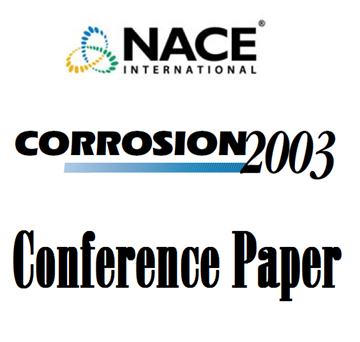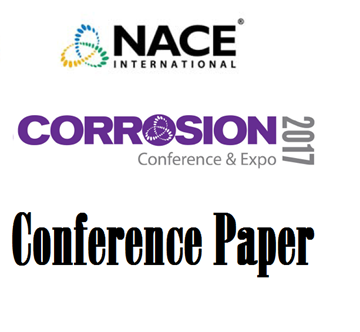Search
Products tagged with 'cooling water'
View as
Sort by
Display
per page
02274 EFFECTIVENESS OF CORROSION INHIBITORS IN RETARDING PROPAGATION OF LOCALISED CORROSION
Product Number:
51300-02274-SG
ISBN:
02274 2002 CP
Publication Date:
2002
$20.00
03066 Design of Pilot Scale Once Through and Evaporative Cooling Water System Simulators
Product Number:
51300-03066-SG
ISBN:
03066 2003 CP
Publication Date:
2003
$20.00
Evaluation Of Corrosion Pitting In A 317L Stainless Steel Surface Condenser Tube Bundle
Product Number:
51322-17564-SG
Publication Date:
2022
$20.00
Stressed Alkaline Cooling Water Deposit Control: High Temperature Suspended Solids and Iron Impacts
Product Number:
51317--9422-SG
ISBN:
9422 2017 CP
Publication Date:
2017
$20.00
The Development of Novel Laboratory Test Method on Evaluation of Scale Inhibition and Dispersancy for Cooling Water Applications
Product Number:
51320-14491-SG
Publication Date:
2020
$20.00





